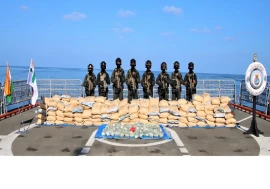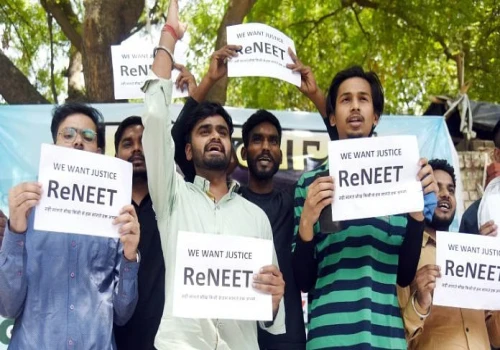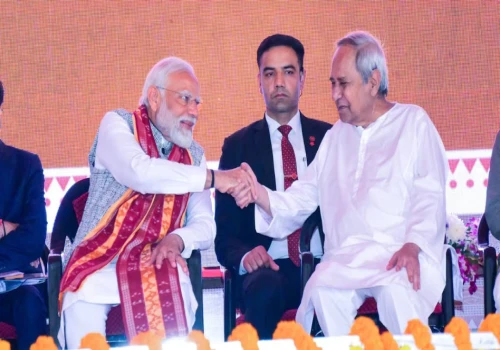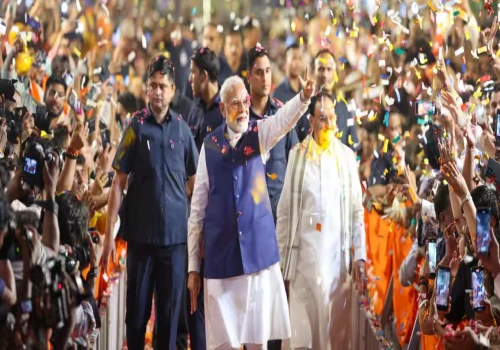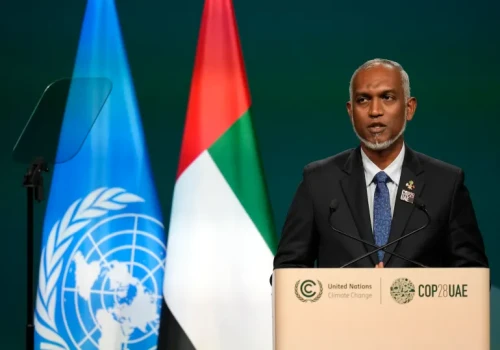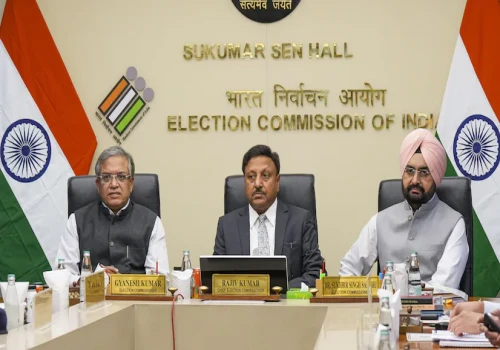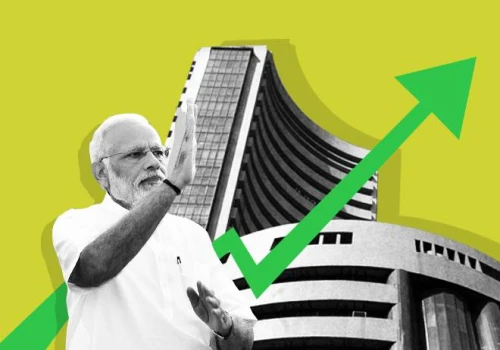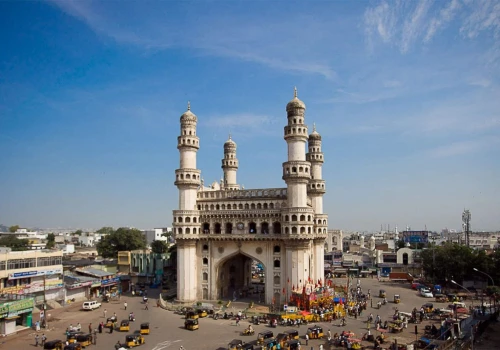
Union Minister Rajeev Chandrasekhar refuted a report from "The Washington Post" claiming that Apple was singled out by the Indian government after the latter alerted independent Indian journalists and lawmakers from opposing parties about possible government hacking attempts on their iPhones.
The Post revealed in an article on December 27 in connection with Amnesty that several journalists had been targeted by the spyware on their iPhones, with the most recent case being discovered in October.
Prime Minister Narendra Modi's administration swiftly took action against Apple in October, a day after the company alerted independent Indian journalists and opposition party leaders that government hackers had likely attempted to access their iPhones.
After then, Chandrasekhar expressed worry and underlined that Apple's response, which was provided on October 31, is included in the remainder of the narrative. "Left out of the story is Apple's response on October 31- the day of threat notifications," he said.
Apple does not identify any one state-sponsored attacker as the source of the threat alerts. Attackers with state sponsorship are highly skilled and well-funded, and their strategies change over time. Such attacks must be detected using threat intelligence signals, which are frequently erroneous and lacking. It's likely that not all threats are identified, or that some Apple danger alerts are false alarms. Since it could enable state-sponsored attackers to modify their tactics to avoid detection in the future, we are unable to disclose the reasons for our threat alerts, the post stated.
Noting that the investigation is still ongoing, Apple was also invited to participate in the investigation with the Indian Computer Emergency Response Team.

